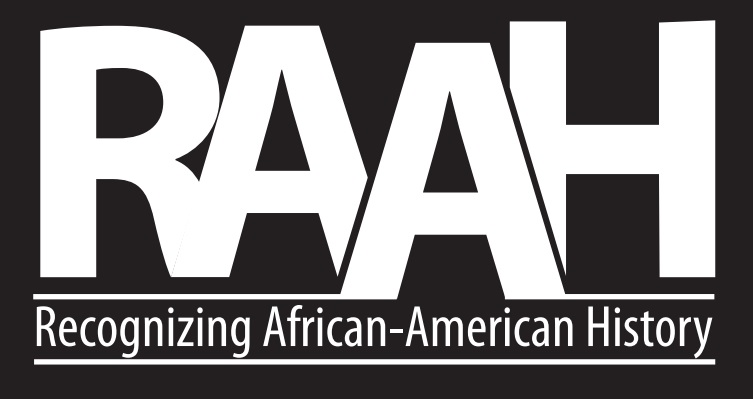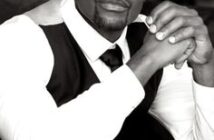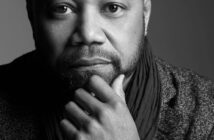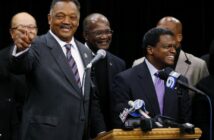Samuel Leroy Jackson (born December 21, 1948) is an American actor and film producer. He achieved prominence and critical acclaim in the early 1990s with films such as Jungle Fever (1991), Patriot Games (1992), Amos & Andrew (1993), True Romance(1993), Jurassic Park (1993) and his collaborations with director Quentin Tarantino including Pulp Fiction (1994), Jackie Brown (1997), Django Unchained (2012), and The Hateful Eight (2015).
He is a highly prolific actor, having appeared in over 100 films, including Die Hard with a Vengeance (1995), Unbreakable (2000), Shaft (2000), The 51st State (2001), Black Snake Moan (2006), Snakes on a Plane (2006), and the Star Wars prequel trilogy (1999–2005), as well as the Marvel Cinematic Universe.
With Jackson’s permission, his likeness was used for the Ultimate version of the Marvel Comics character Nick Fury. He later cameoedas the character in a post-credits scene from Iron Man (2008), and went on to sign a nine-film commitment to reprise this role in future films, including major roles in Iron Man 2 (2010), Marvel’s The Avengers (2012), Captain America: The Winter Soldier (2014) and Avengers: Age of Ultron (2015) and minor roles in Thor (2011) and Captain America: The First Avenger (2011). He has also portrayed the character in the second and final episodes of the first season of the TV show Marvel’s Agents of S.H.I.E.L.D..
Initially intent on pursuing a degree in marine biology, he attended Morehouse College in Atlanta, Georgia. After joining a local acting group to earn extra points in a class, Jackson found an interest in acting and switched his major. Before graduating in 1972, he co-founded the “Just Us Theatre”.
After the 1968 assassination of Martin Luther King, Jr., Jackson attended the funeral in Atlanta as one of the ushers. Jackson then flew to Memphis to join an equal rights protest march. In a Parade interview Jackson revealed: “I was angry about the assassination, but I wasn’t shocked by it. I knew that change was going to take something different – not sit-ins, not peaceful coexistence.”
In 1969, Jackson and several other students held members of the Morehouse College board of trustees (including a nearby Martin Luther King, Sr.) hostage on the campus, demanding reform in the school’s curriculum and governance.
The college eventually agreed to change its policy, but Jackson was charged with and eventually convicted of unlawful confinement, a second-degree felony. Jackson was then suspended for two years for his criminal record and his actions. He would later return to the college to earn his Bachelor of Arts in Drama in 1972.
While he was suspended, Jackson was employed as a social worker in Los Angeles. Jackson decided to return to Atlanta, where he met with Stokely Carmichael, H. Rap Brown, and others active in the Black Power movement.
Jackson revealed in the same Parade interview that he began to feel empowered with his involvement in the movement, especially when the group began buying guns.
However, before Jackson could become involved with any significant armed confrontation, his mother sent him to Los Angeles after the FBI told her that he would die within a year if he remained with the Black Power movement.



